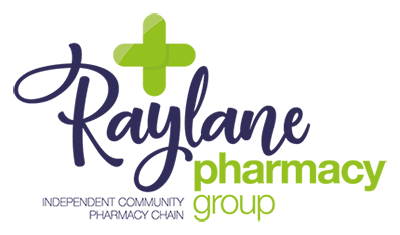
If you or your child have tongue-tie, the piece of skin connecting the tongue to the bottom of the mouth usually looks shorter or tighter than usual.
The tongue may also look heart-shaped when it's lifted or stuck out.
Tongue-tie may not cause any problems, but it can make it difficult to move the tongue. For example, you may not be able to move your tongue from side-to-side, lift it up or stick it out.
In babies, tongue-tie can make it difficult for them to breastfeed or bottle-feed. They may:
If your baby has tongue-tie and you're breastfeeding, you may have sore nipples or painful and swollen breasts.
A GP may be able to help if you're an adult and you think you have tongue-tie.
Treatment is not usually needed if tongue-tie is not causing any problems.
If it's causing problems, such as difficulty feeding in babies, treatment may include:
In young babies, the surgery is usually done without any anaesthetic. In older babies (and children and adults) the surgery is usually done with general anaesthetic.
After surgery, most babies get better quickly and are able to feed better.